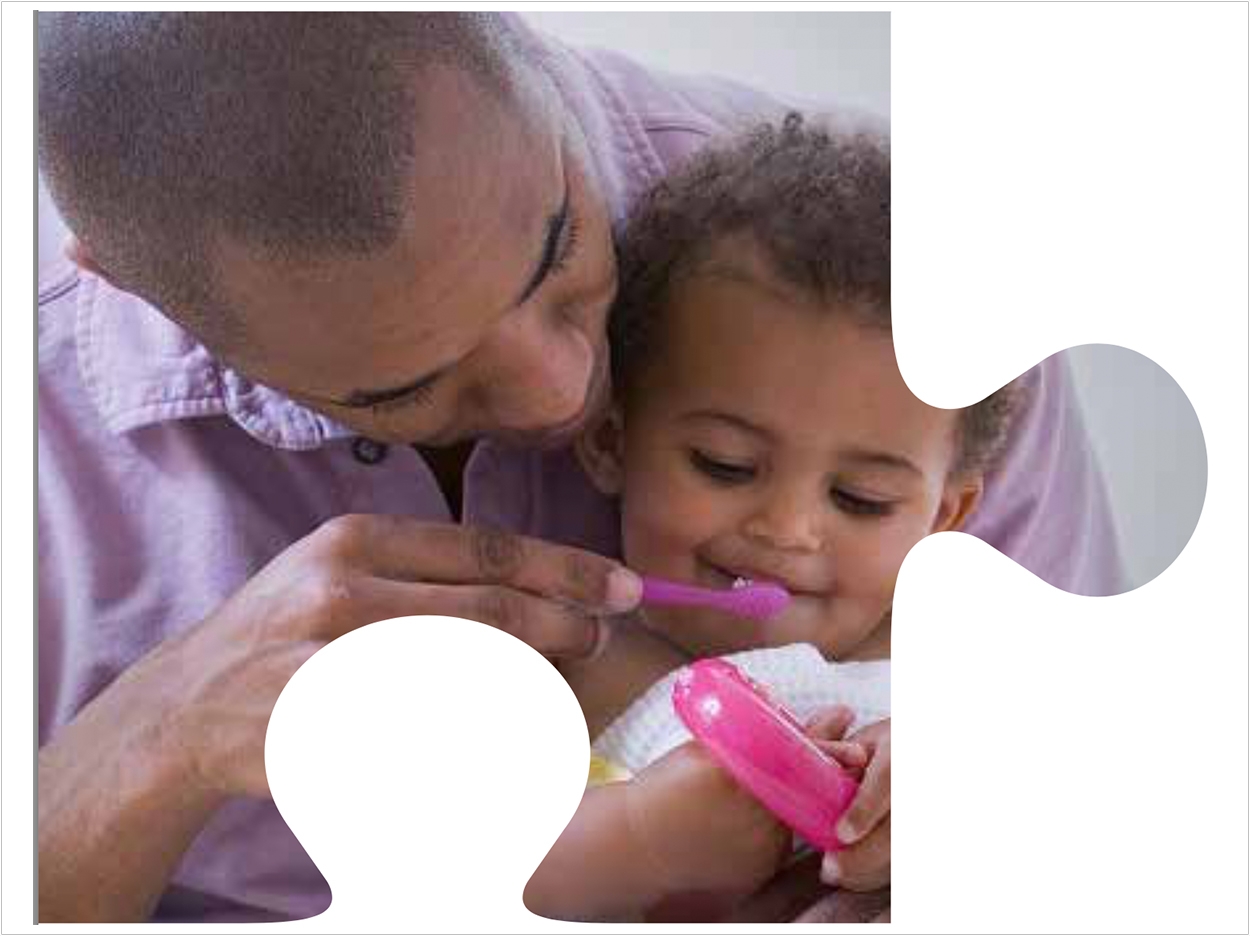
Oral hygiene and oral health are particular challenges for people who care for children on the autism spectrum. Fortunately, the British Society of Paediatric Dentistry (BSPD) has published an online guide covering all aspects of dental health, from introducing these children to toothbrushing at home to preparing for dental appointments.
“Tooth decay is nearly always presentable. By getting things right as early as possible, you may be able to avoid your child needing dental treatment,” said Claire Stevens, BDS, vice president of the BSPD. “This is particularly important for children with autism because they may find treatment more challenging.”
For example, the BSPD recommends that all children brush twice a day, with parental assistance for those who are 7 years old and younger. Older children who are autistic, though, also may need help in manipulating the brush and in reaching all of their teeth. The guide provides additional advice on which toothpastes and toothbrushes may be most effective.
Similarly, the BSPD urges all parents to take their children to see the dentist by their first birthday. But parents of children with autism often delay that visit because they don’t know how their children will react to the noises, smells, lighting, tastes, and other uncomfortable stimuli. And these delays in getting care may compound undetected problems.
Preparation for seeing the dentist is key to success, the BSPD says. The guide offers advice for choosing a dentist, recommending clinicians who have been named Specialists in Paediatric Dentistry by Community Dental Services. The BSPD also suggests discussing the child’s needs with the staff before the appointment, timing appointments for when the practice isn’t as busy, bringing along comfort items such as toys and blankets, and more.
Of course, children with autism often have difficulties communicating, so parents might not even know that a toothache is even happening or that care is necessary. The guide reviews changes in behavior such as disturbed sleep, emotional outbursts, and eating patterns that may be signs that something might be wrong.
The guide also includes links to other resources and associations that can benefit parents and children alike. It was written by Wendy Bellis, a leading authority on the management and treatment of children with autism and member of the BSPD. The National Autistic Society (NAS) and the British Association for the Study of Community Dentistry (BASCD) also provided input.
“We are very grateful to Wendy and also to the NAS and to the BASCD for their expertise and input,” said Stevens. “We hope the new guide will help minimize the risk of dental decay in children with autism and support their parents in the management of this important aspect of their child’s health and well-being.”
Related Articles
Q&A: Dr. Romer Ocanto Discusses New Autism Training
Kit Teaches Children With Special Needs About Oral Health
Storybooks Effectively Prepare Autistic Children for Dental Visits


